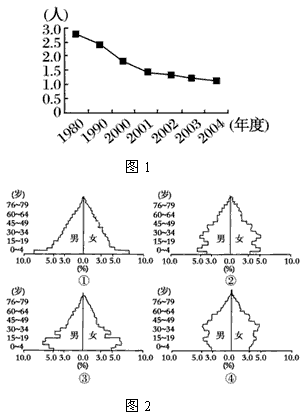Even while in a deep sleep, people can still learn brand new information. Sleepers soak in new associations between smells and sounds, knowledge that lingers(逗留)into the next waking day, researchers report online August 26 in Nature Neuroscience.
The new study is the first to show that entirely new information can get into the sleeping mind, says Anat Arzi of the Weizmann Institute of Science in Israel. "The brain is not passive while you sleep. It's quite active. You can do quite a lot of things while you are asleep."
But the results don't mean that Spanish vocabulary tapes now have a place on the nightstand. L, Researchers have tried but largely failed to find evidence that complicated information, such as new pairs of words, can make its way into the brain during sleep.
Instead of trying to teach people something complicated like a new language, Arzi and her colleagues relied on the sense of smell and hearing. As anyone who has walked by a dumpster(垃圾车)in July knows, smells can cause a nose-jerk reaction. Catching a bad smell automatically makes people inhale(吸气)less, reducing the size of the inhale. But scent of fresh bread causes a long, deep inhale.、rzi and her team took advantage of this reaction for their experiment.
As people slept in the laboratory, the researchers delivered pleasant scent, such as shampoo. As this nice smell got into the sleepers' noses, the researchers played a particular music. Later, a disgusting smell, such as rotten fish or meat, was paired with a different music. Neither the smell nor the sound woke people up. After just four exposures to the smell-music pair during a single night, the sleepers started to automatically respond to the tones without the accompanying smells, taking in bigger breaths when the shampoo-associated tone played and smaller breaths when played the sound linked to the rotten fish smell.
This new learned association lingered into the next waking day, too. Even though the sleepers had no idea they had been exposed to smells or sounds, their behavior proved that their brain had actually learned something during sleep. As before, the shampoo sound stimulated a long, deep inhale, while the rotten fish tone caused more shallow breaths.
小题1:We can infer from the passage that
A.while sleeping, we can learn whatever we want to learn
B.we will increase the size of inhale if we catch a pleasant smell
C.the knowledge we learned while sleeping will be forgotten in the next waken day
D.when walking by a bakery, the fresh bread will cause a nose-jerk reaction小题2:What is Paragraph 3 mainly about?
A.One can’t acquire complicated knowledge during the sleeping hours.
B.Spanish vocabulary tapes now have a place on the nightstand
C.Researchers have tried to find evidence that the new words can be learned during sleep.
D.Complicated information can make its way into the brain during sleep小题3:How do Arzi and her team do their research? By
A.giving instructions
B.analyzing human brains
C.following the guides of others
D.doing experiments小题4:In which part of a website may this passage most likely appear?
A.Culture.
B.Science.
C.History.
D.Economy.

